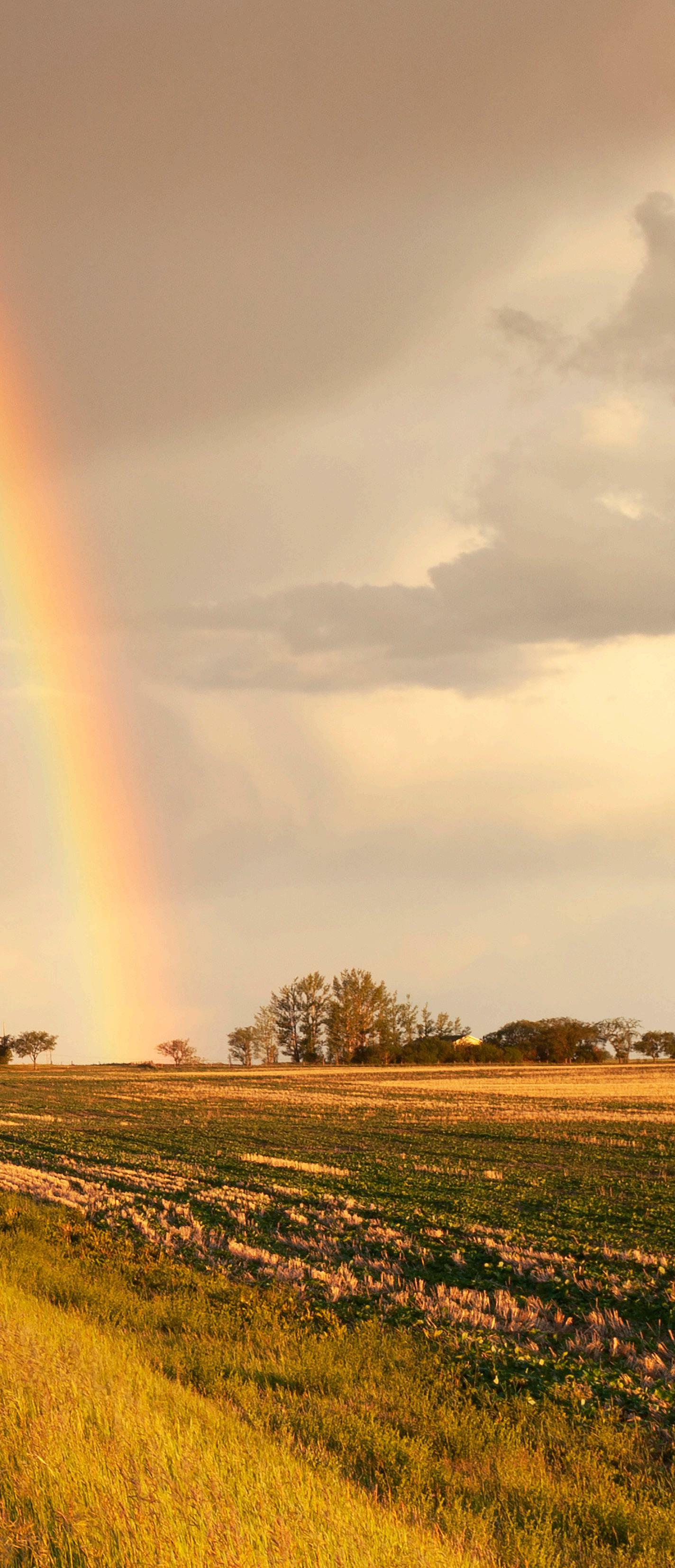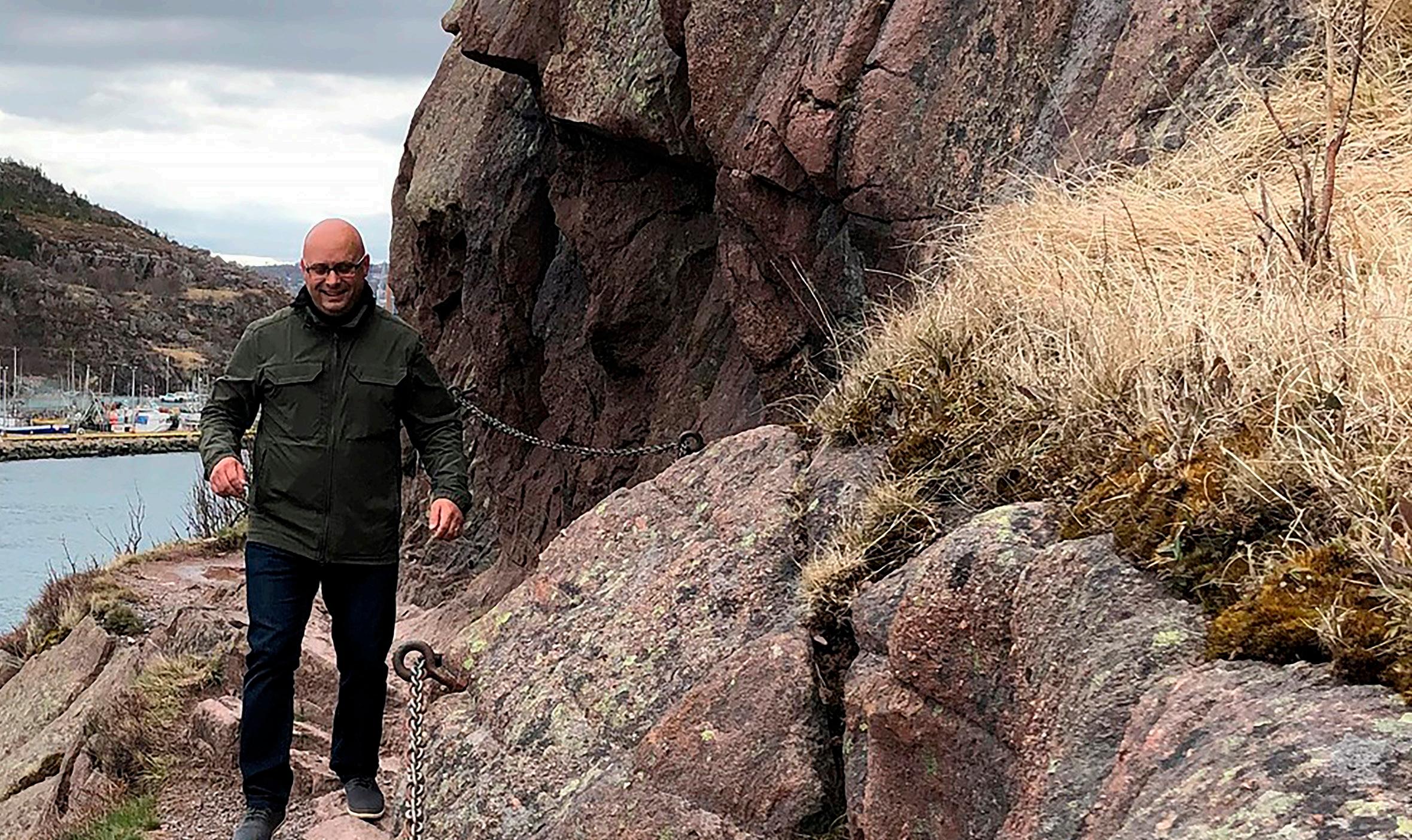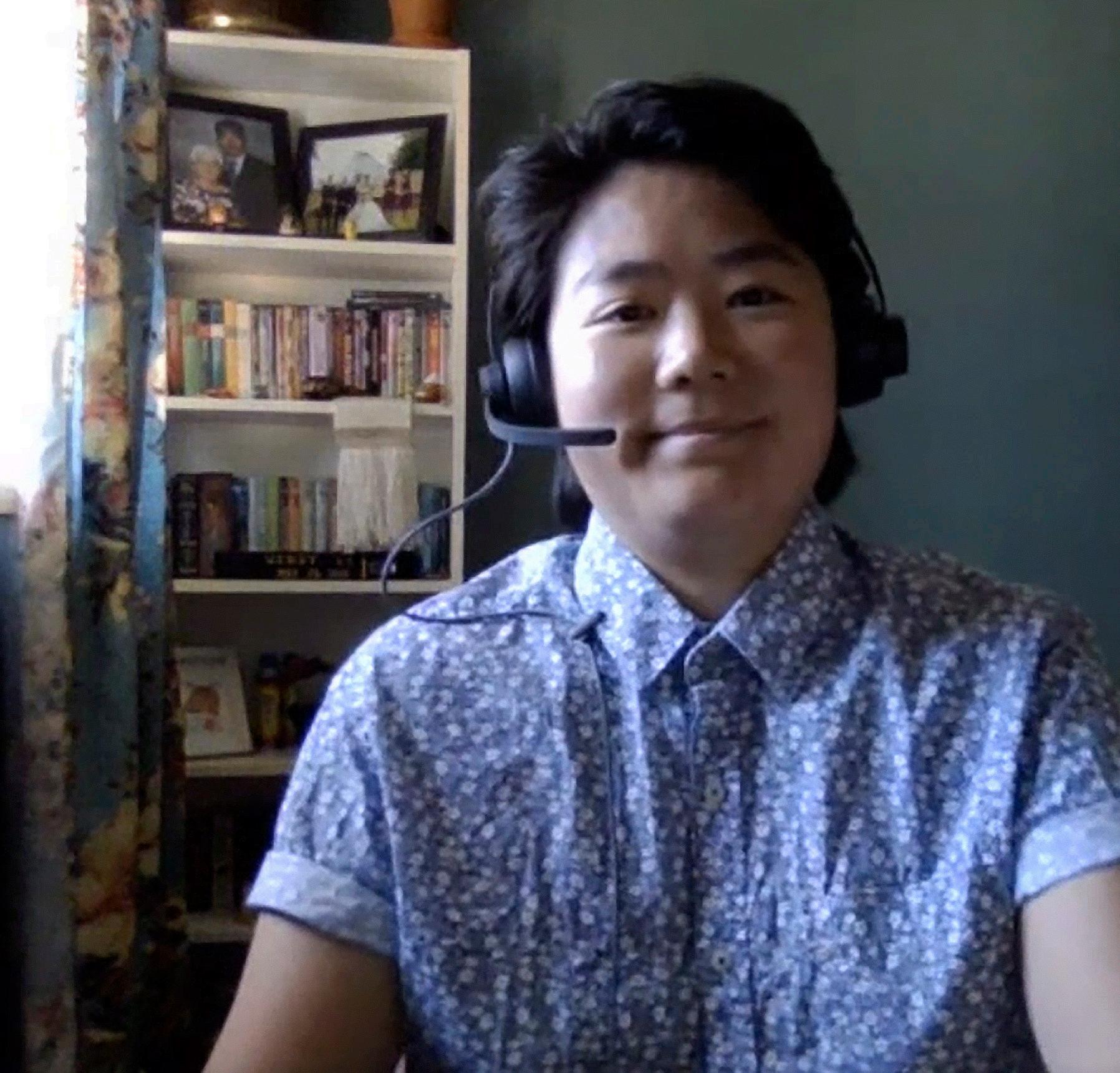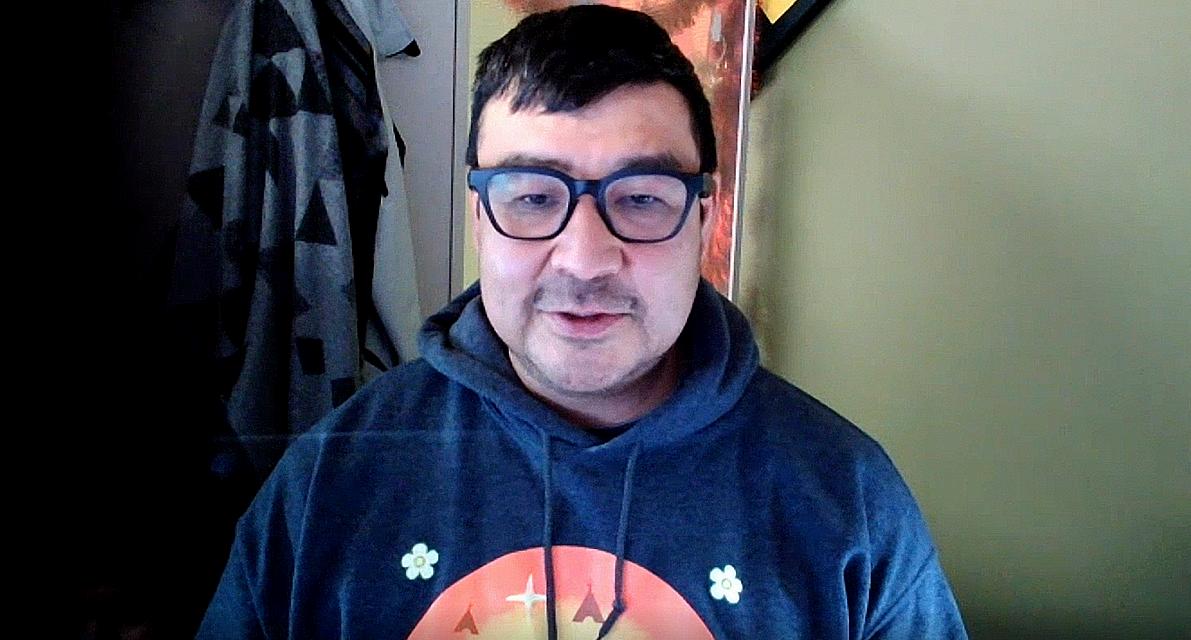Annual Report



The Saskatchewan Parks and Recreation Association’s programs, services and support reach lands covered by Treaties 2, 4, 5, 6, 8 and 10, the Traditional Territories of the Cree, Dakota, Dene, Lakota, Nakota and Saulteaux peoples, and home land of the Métis.

This land has been part of the lives of Indigenous peoples long before our organization existed and continues
to be now and into the future. We extend our gratitude to those who have called this ancestral land home for generations, and whose histories, languages and cultures continue to influence our communities.
We respect and honour the Treaties, reaffirm our relationships with one another and move forward together in the spirit of truth, reconciliation and collaboration.

 Jody
Jody
As I wrap up my first year as SPRA Board of Direc tors’ President, I’m reflecting on what a great year it has been, and I’m excited about what’s on the horizon for both SPRA and Saskatchewan’s recre ation and parks industry.

At SPRA, 2021-2022 has been a year of renewed strategic focus. We have made a shift in how we think, act and communicate as an organization, fo cusing on our Core Mission: To provide the leader ship, support and services that contribute to recre ations’ impact on the quality of life for the people of Saskatchewan. We do this by ensuring that all our services connect, educate and inspire recre ation and parks professionals, practitioners, com munity leaders and volunteers. We offer consulting, training, funding and networking services, and support those offerings through public relations, business operations and planning.
In the past fiscal year, we’ve become more inten tional, strategic and focused on what we do. If we can’t make a direct link between a program or service and making life better for the people of this province, we’ve identified ways to either strength en that connection or adjusted our approach. Some of the ways we’ve doubled down on our commit ment to our purpose this year includes hosting in clusion and access webinars, creating new partner ships to grow our network; like the JRPM Park Pass Lending Pilot Program; and distributing just over $6.8 million to the parks and recreation industry.
As always, we are proud of what we’ve accom plished, but recognize that recreation’s impact on the quality of life happens on the ground in com munities, mobilized by professionals, practitioners, community leaders and volunteers like you. By working together, we enhance quality of life for the people of Saskatchewan, and I am looking forward to what’s to come for our industry and the people we serve. The importance of recreation and parks as a public good has never been more apparent, and as we finally (and hopefully) come out of the pandemic, I believe we are embarking on a renewed age of parks and recreation.
Jody Boulet PresidentThe recreation and parks industry provides a foundation of facilities, environments, programs and human infrastructure that is integral to quality of life in our province, but we don’t go about this work alone.
Sask Sport operates Sask Lotteries through a licensing agreement with the Government of Saskatchewan. Lottery proceeds are allocated to eligible sport, culture and recreation groups through the Sask Lotteries
Trust Fund for Sport, Culture and Recreation. Volunteer committees at Sask Sport, SaskCulture and the Saskatchewan Parks and Recreation Association oversee the Fund to ensure accountability and transparency.
This funding benefits 1,200 organizations, like the Saskatchewan 4H Council Inc. and Canadian Mental Health Association (Saskatchewan Division) Inc.
These groups support a wide range of activities and promote opportunities for participants of all ages and abilities to play, create and grow. They help us to connect and get active, experience arts and culture and enjoy parks, public spaces and activities that build vibrant communities. We are grateful to be a beneficiary and part of a network that cares about the same things we do.
non-pro t organization, Lotteries operates e ectively ciently to maximize the proceeds available for funding.
As a non-pro t organization, Sask Lotteries operates e ectively and e ciently to maximize the proceeds available for funding.
As a non-pro t organization, Sask Lotteries operates e ectively and e ciently to maximize the proceeds available for funding.
As a non-pro t organization, Sask Lotteries operates e ectively and e ciently to maximize the proceeds available for funding.
As a non-pro t organization, Sask Lotteries operates e ectively and e ciently to maximize the proceeds available for funding.
As a non-pro t organization, Sask Lotteries operates e ectively and e ciently to maximize the proceeds available for funding.
a non-pro t organization, Sask Lotteries operates e ectively and e ciently to maximize the proceeds available for funding.
non-pro t organization, Lotteries operates e ectively ciently to maximize the available for funding.
non-pro t organization, Lotteries operates e ectively ciently to maximize the available for funding.
Saskatchewan Seniors Mecha nism (SSM) is one of the 1,200 orga nizations that receive funding from Sask Lotteries. They work with com munity leaders and organizations to improve the quality of life for older adults across Saskatchewan.
They are the catalysts behind an initiative addressing age-friendly communities. The movement, estab lished by the World Health Organi zation, focuses on inclusion. When communities undertake activities or create programming that’s more inclusive of older adults, they create communities that are more inclusive of all people.
As Holly Schick, Executive Director of the SSM explains, “Age Friendly Communities are all about keeping people physically active and involved in recreational activities, socially in volved and involved in decision-mak ing.”

The SSM is currently engaging representatives in 11 Saskatchewan communities, including Humboldt, Moose Jaw, Saskatoon and Regina, who are working towards becoming more age friendly. These discussions focus on many aspects of life within the commu nity, including outdoor spaces and
buildings, transportation, housing, social participation, employment and community support and health services, among others. This sense of community has been increasingly im portant coming out of the pandemic, as evidenced by the initiative really taking off in the last year.
Age Friendly Communities isn’t just a project, it’s a concept and approach that uses an ‘age-friendly lens’ to assess everything we do. Even the smallest of actions, like clearing our sidewalks, can make our communi ties safer, more active, and inclusive spaces for everyone.

Training and education opportunities form a large portion of our service offerings. We are champions of personal development and take great pride in helping to shape leaders in the recreation industry. Last year we were pleased to resume inperson training sessions, while continuing to offer virtual learning and education sessions for those who preferred the option.
2022 Spring Training Symposium
attendees at SaskFit 11 sessions by 9 presenters
attendees at the 2021 SPRA Conference
5 sessions by 12 guest speakers
fitness leaders provided programming to 16,084 people
registrants in HIGH FIVE® and Play Leadership Courses
delivered training:
leader training participants
Forever... in motion

training participants
Parks and Open Spaces
youth leaders trained Take the Lead!® training participants

Fitness Leadership Courses
attendees at Spring Training Symposium offering 11 courses over 5 days
training participants Recreation Facility
Our relationship with the federal Aboriginal Diabetes Ini tiative (ADI) has grown since our first conversations back in 2018. This Initiative facilitates physical activity programming in First Nation communities across our province and that is work that we are mutually passionate about!
Based on this shared goal, ADI partnered with us to host a Forever...in motion (FIM) Leader and Trainer training. The FIM program helps people be more physically active in their com munity through volunteer, peer or staff-led physical activity groups.

Eight staff, varying from registered dieticians, nurses and health educators, were trained this year as FIM leaders. Fifty percent of these leaders went on to complete the FIM Train er Training, which equips them with the skills and resources they need to train others to lead physical activity programs in their respective communities, which include: Saskatoon Tribal Council, James Smith Cree Nation, Onion Lake First Na tion, Cowessess First Nation, Peter Ballantyne Cree Nation, Prince Albert Grand Council and Carry the Kettle First Nation. These leaders are truly LEAD-ing by example. They are role models inspiring others to be physically active in order to reap the many social and health benefits that come along with active lifestyles.
“I was unsure about the virtual Conference experience, but I am so glad that I did it. My 5-yearold son played beside me while I listened to sessions and I love that he got to be immersed in the culture of wellness and learning — we had several conversations around what he had heard!”
- SaskFit Attendee
“This course has given me the knowledge on how to deal with children in a safe, fun way. It was great to experience and the skills I learned today will definitely come in handy.”
- HIGH FIVE® Principles of Healthy Child Development Leader

Rates of drowning in Canada are still exceptionally high among new Canadians for a variety of reasons, in cluding a lack of water safety educa tion and a lack of exposure to swim ming as a recreational activity. For the past few years, the City of Moose Jaw has added welcoming safety signage to the Kinsmen Sportsplex Pool’s lobby, change room and pool deck. This has made it easier for staff to communicate important safety messages to city newcomers, as well as provide a more inclusive and wel coming experience for patrons.
The City wanted to continue this effort by expanding their services to include a Water Safety Program for new community members with facility tours, in-water skills and education sessions in local commu nity spots. In order to reach families at every level, they wanted to have education sessions in a variety of locations, including playgrounds and the local Newcomer Centre and Multicultural Society. The program would promote confidence for new comers to register for and attend local swimming pools and assist in keeping them safe in locations
around our city where children and families spend leisure time close to open water, such as Spring Creek and Wakamow Valley.
With the assistance of the SPRA Community Cultural Diversity Inclusion Grant, the City was able to provide pool orientation tours, laminated communication cards for lifeguards on the pool deck and pic togram safety signage throughout the aquatic facility. Additionally, the City added two new sets of swim ming lessons for newcomer families, and additional education sessions on water safety for a variety of age groups.
Both sets of swimming lessons were filled to capacity. An addition al one-day water safety/education session was provided with three different age groups (11 to 13-yearolds, teens, and adults). A total of 54 participants took part in the sessions and lessons offered.
City staff received positive verbal feedback from the families that par ticipated, as well from their partners with the Moose Jaw Multicultural Council and Newcomer Centre.
Water Safety and Education Sessions: 18 participants
“The food grown in our garden was donated to the local food bank, and assisted in feeding many hungry families in the surrounding area. Gardening and the nutrition program allowed children to be proud of what they grew and learnt. The excitement through children should allow families to embrace the nature in gardening and encourage families to help in community gardens or start
their own small gardens.” - Town of Shellbrook – 2021 Parks for All Action Grant Recipient
“All year we have heard how wonderful, confident leaders our lifeguards have been at our pool. This year we have rave reviews from patrons at the pool that our lifeguards went above and beyond to encourage, educate and develop the skills of those who enjoy our facilities.” - Town of Kelvington –2021 Leadership Development Grant Recipient
“This grant allowed the Blaine Lake Skating Rink to host skating lessons for the first time in years!
As a parent and a volunteer, it was so wonderful to see kids filling the rink again, taking lessons, getting exercise, and socializing with their friends!” - Town of Blaine Lake –Community Rink Affordability Grant Recipient
impact
the year
like to pause, reflect,
through newsletters, blog posts, social
take time to
successes and recognize those who work tirelessly
to
more vibrant place to live.
The JRPM Regional Park Pass Lending Program is a pilot project developed in partnership with the Saskatchewan Recreation and Parks Association (SPRA), Saskatchewan Regional Parks Association (SRPA) and Saskatchewan Libraries Association (SLA). Throughout the summer of 2022, 800 Regional Park passes were made available on loan to Saskatchewan library card holders through participating libraries on a first-come, first- served basis. Initially, participating library locations included Palliser Regional Library, Nuyeʔáh Library System, Southeast Regional Library and Wheatland Regional Library. More participating libraries were added to the program as demand for the passes increased, resulting in a total of 143 library branches participating, including nine locations in Regina and nine in Saskatoon.
Park passes were provided in the form of custom hang-tags branded on one side with the Saskatchewan Regional Parks pass and the other with Sask Lotteries, SPRA, SRPA and SLA branding. A copy of the Saskatchewan Regional Parks Guide featuring park descriptions, photos, directions, amenities and maps of all locations was also included with the pass.
The program aimed to enhance knowledge of, and visitation to, Saskatchewan’s nearly 100 Regional Parks and participating library branches, while also providing equitable access to parks and open spaces. The passes reduced barriers to accessing parks and open spaces and encouraged the people of Saskatchewan to get out in nature and enjoy all the benefits of being outside.
“As a low income, single Mom, this was a big help. Taking my little one camping was amazing and one of the only summer holidays I could afford. Saving $50 by borrowing a pass helped ease the cost.” - JRPM Regional Park Pass Borrower
“What a great first experience! The judges were wonderful, welcoming, full of ideas, and a joy to spend the day with. I might invite judges to stay overnight the next time if we do a full assessment.” - Town of Hepburn - Communities in Bloom Participant

SPRA delivers accessible and relevant education focused on industry needs. Through these training opportunities, our staff, members and stakeholders are better positioned to meaningfully connect and engage with Saskatchewan’s diverse communities. This professional development demonstrates alignment to our Strategic Plan, the Framework for Recreation in Canada and our commitment to the Truth and Reconciliation Commission of Canada’s 94 Calls to Action.
Throughout 2021-2022, SPRA hosted five educational webinars facilitated by the Multicultural Council of Saskatchewan (MCoS) as part of a series called Multicultural Connections.

This series was developed to:
• Encourage inclusive and culturally appropriate recreational programs, services and opportunities.
• Provide SPRA members access to low or no cost education opportunities to learn about multiculturalism and anti-racism.
Topics explored through the series were abbreviated versions of MCoS’s existing Intercultural Training Modules. This series was met with lots of positive feedback and increasing interest – from both SPRA staff and membership, but also from external stakeholders and individuals that had not previously engaged with SPRA.
The increased attendance, positive feedback and attendee survey results requesting further education have since motivated our decision to pursue an additional three virtual education opportunities with MCoS through 2022-2023.
“I
that the
mode even with
that she
great
In 2021-2022, SPRA launched the Pathways series of educational webinars and training opportunities. These online, Indigenous-focused education sessions featured speakers and facilitators of Indigenous ancestry, or with specializations in Indigenous conservation, history, culture, physical activity, and parks and recreation in Saskatchewan.
This series was developed to:
• Recognize and support National Indigenous People’s Day on June 21 and June’s National Indigenous History Month.
• Provide our members access to low or no-cost education opportunities to learn about Indigenous history, culture and inclusion.
• Encourage inclusive and culturally appropriate recreational programs, services and opportunities for Indigenous peoples in Saskatchewan.
• Encourage or maintain supportive and mutually beneficial relationships with Indigenous members, parks and recreation practitioners, organizations, communities and people living in Saskatchewan.
were either satisfied or very satisfied with webinar content
Pathways to Reconciliation: Land Based Education, Learning, and Sharing with Dr. Kevin wâsakâyâsiw Lewis
Indigenous Awareness Level 1: Myths and Misconceptions with John Lagimodiere

“Really enjoyed these teachings, Wela’lin Dr. Lewis” - Attendee
“The way that John shared the information made the information impactful. His lived experience and storytelling techniques were engaging. I appreciate SPRA for making this learning opportunity available.” - Attendee
In recognition of Pride Month in Saskatchewan, SPRA hosted “Queer 101: Introduction to Language, Identities and Allyship,” facilitated by Wendy Li, Education and Outreach Manager for OUTSaskatoon.
In this workshop, participants were introduced to the foundations of identity, terminology, and inclusive language. Participants were also led through a group discussion and Q & A centered around the importance of 2SLGBTQ affirming forms, spaces and services.
“We took this class with our library and it was amazing. Wendy did such a great job; she may not have known it, but I cried a few times.” via Facebook

“Thank you so much for normalizing basic human dignity and compassion for all people.” - via Facebook
“I have participated in this workshop, it is fantastic. It helped me to put more inclusive work policies and hiring practices into place, totally worth your time!!” - via Facebook
The recreation industry provides the foundation of programs, places and professionals that are vital to our province, communities and people. Through research, we look to gather and share evidence that proves just that! It complements our public relations work, helps inform our training and consulting, and demonstrates the impact of recreation on our quality of life.
In January, we asked the Saskatchewan public if they felt parks and recreation created opportunities for inclusion and belonging. Using Insightrix Research Inc.’s online public poll service, 802 adults aged 18+ were surveyed and were asked to rate their level of agreement with the following statements:
“Recreation and parks create opportunities and spaces for inclusive gathering.”
of all respondents strongly agreed of all respondents agreed of all respondents agreed of all respondents strongly agreed
People with children have an even stronger sense that recreation and parks are important places for inclusive gatherings.
Saskatchewan people see their recreation opportunities and spaces as important aspects of their sense of belonging and connection to their communities.

“Recreation opportunities and spaces create a sense of belonging and connection in our communities.”
In October 2021, we polled 804 Saskatchewan residents over the age of 18. We asked several questions related to recreation in Saskatchewan. Insightrix Research Inc. compiled and reported on responses.

Of the responses collected, one of particular note involved the role recreation plays in developing leadership skills.
Do you think the recreation and parks industry develops leadership skills in our youth, preparing them for future employment and citizenship?
“An event held in a park is attended by community members of all ages, race and social standing. A great place to mingle and get to talk with someone you don’t know. Often you learn that people share the same concerns and values.” - Survey Respondent
“Recreation Centers and Parks would be an important outlet for the elderly to meet and socialize as long as they were designed for use by the older folks in the communities.” - Survey Respondent
“As a young person, I benefited immensely from the recreation and parks industry. I played sports, took art classes, and found lifelong sisterhood through the Girl Guides of Canada. All of these activities prepared me for my current role as an advocate and educator in this community. They gave me the skills necessary to succeed at work, and to make meaningful contributions to my community.” - Survey Respondent
